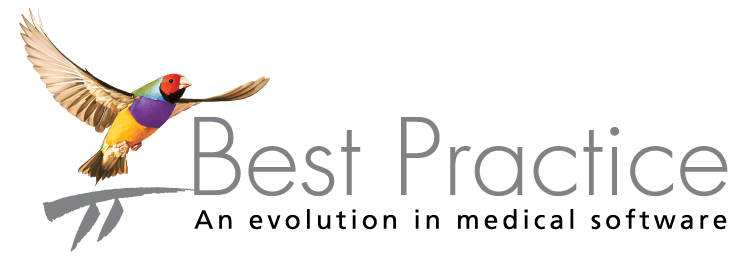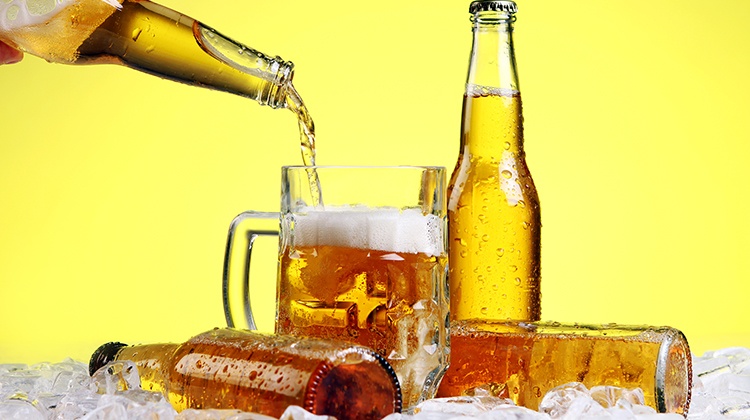Public health officials around the globe were stunned when the American delegation attending the World Health Assembly in Geneva sought to soften the resolution to encourage breast feeding, after decades of research has demonstrated that mother’s milk is healthiest for children and countries should strive to limit the inaccurate or misleading marketing of breast milk substitutes. It is believed that the US delegation was influenced by the interests of infant formula manufacturers, seeking to remove language that called for governments to ” protect, promote and support breastfeeding” and for policy makers to restrict the promotion of inappropriate food products to infants and children. When Equador tried to save the proposal, the US threatened trade sanctions and diminished military aid. In the end Russia introduced the measures which were introduced with most of the original wording.
Breast feeding is the optimal way to feed neonates and infants. Breast milk provides complete nutrition, is readily available, helps prevent infection and has long term benefits such as improved cognitive and neurological development and reduced likelihood of obesity. Benefits to mothers include weight loss, reduced risk of osteoporosis, ovarian cancer and breast cancer.
A study published in the Lancet in 2016 announced that “breastmilk makes the world healthier, smarter and more equal” and predicted that 800 000 child deaths a year across the world could be prevented and $300 billion in savings from reduced health care costs and improved economic outcomes for those reared on breast milk.
There is some nuance to the evidence for the benefits of breastfeeding as the benefits are not possible to disentangle from socioeconomic factors in observational studies. Scientists are not ethically able to conduct double-blind studies providing one group of infants with breast milk and the other breast milk substitute.
A small number of women are unable to breastfeed their baby and breast feeding can be difficult for many reasons. Support for breast feeding is critical, including institutional provisions, emotional support, reassurance, practical help and information. Importantly parents need support, advice, practical assistance and no judgement from professionals, community and peers.
Resources, an online forum and links to social media or a local group for breast feeding women are available at breastfeeding.asn.au
More fact sheets are also available at https://www.thewomens.org.au/health-information/breastfeeding/breastfeeding-overview
Reliable sources of information about medicine use in breastfeeding are LactMed http://toxnet.nlm.nih.gov/cgi-bin/sis/htmlgen?LACT and Infant Risk Centre at www.infantrisk.com/categories/breastfeeding
For those who are unable or who chose not to breastfeed the online group at fearlessformulafeeder.com is dedicated to providing non-judgemental support for all new parents at #ISupportYou
Dr Lisa Surman, CBD West Medical Centre, Perth, WA
Member of Best Practice Software’s Clinical Leadership Advisory Committee
“Often patients spend time talking about current medical and social issues, taking valuable time away from dealing with what they have really come in to discuss. One of our solutions is to direct them to news articles on our website written by a doctor in our Practice that outline current issues and offer strategies to manage the problem and links to relevant, reputable websites


